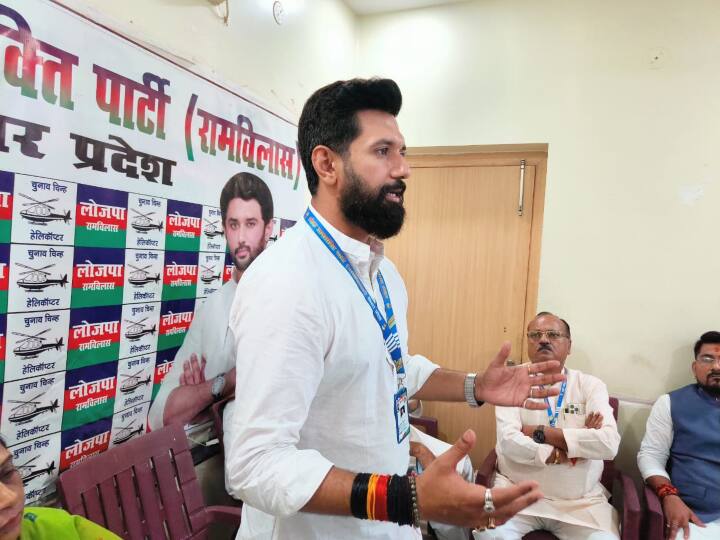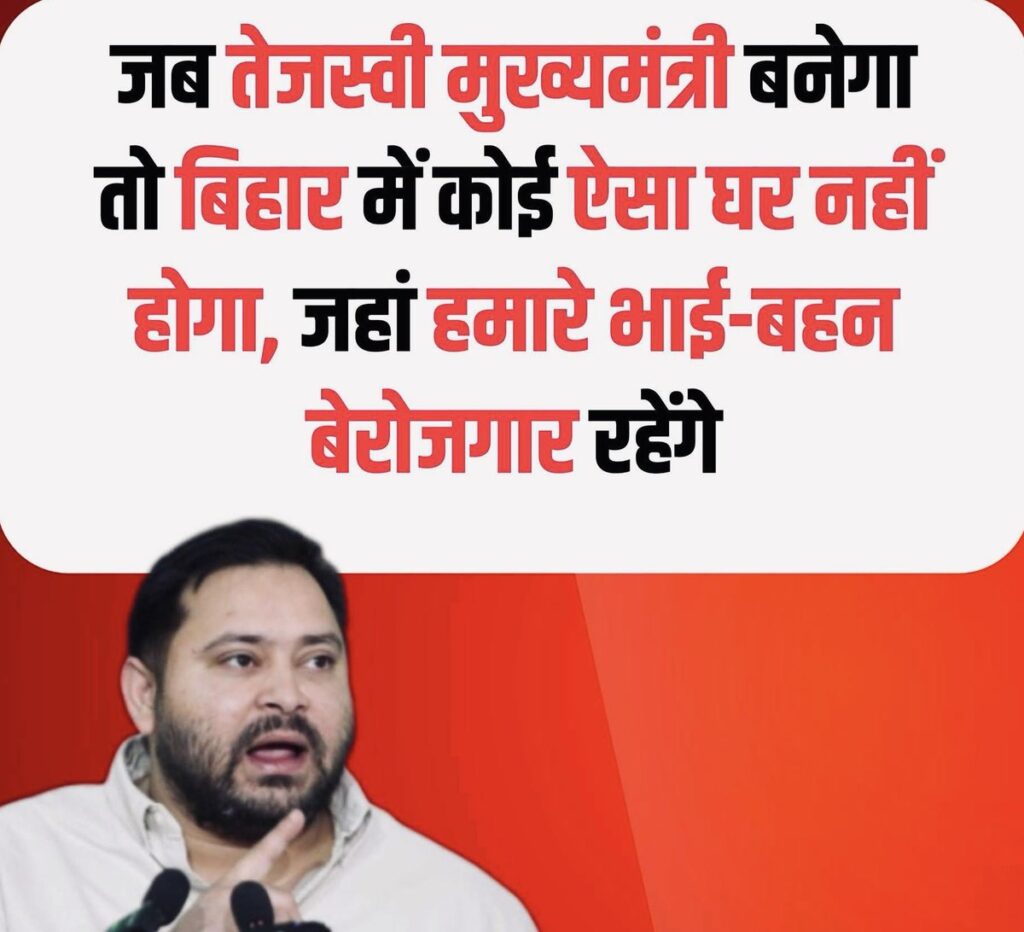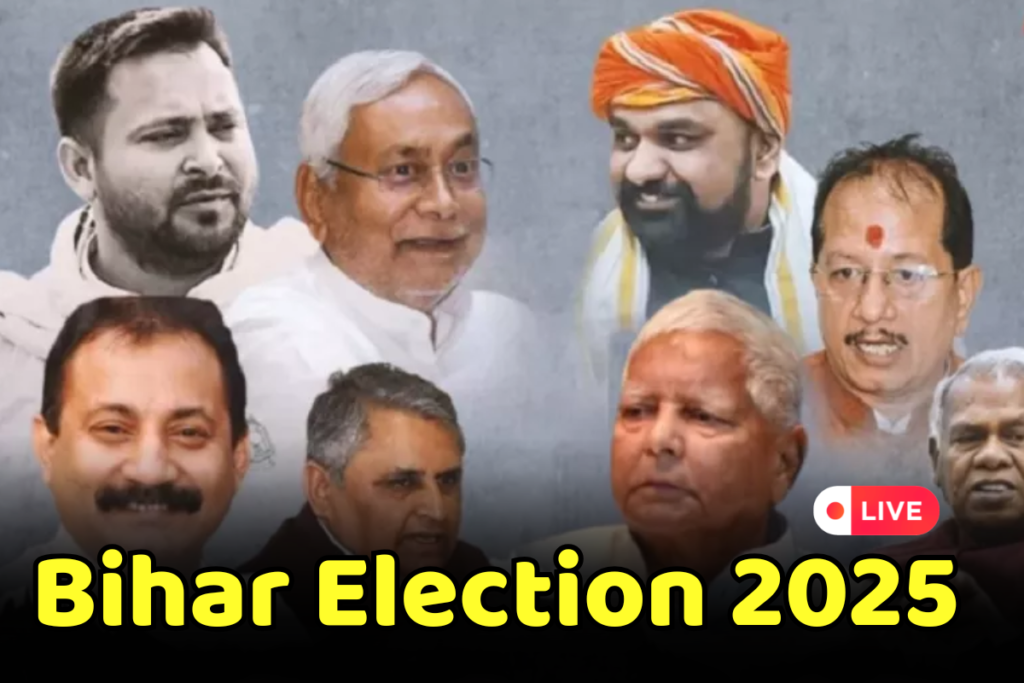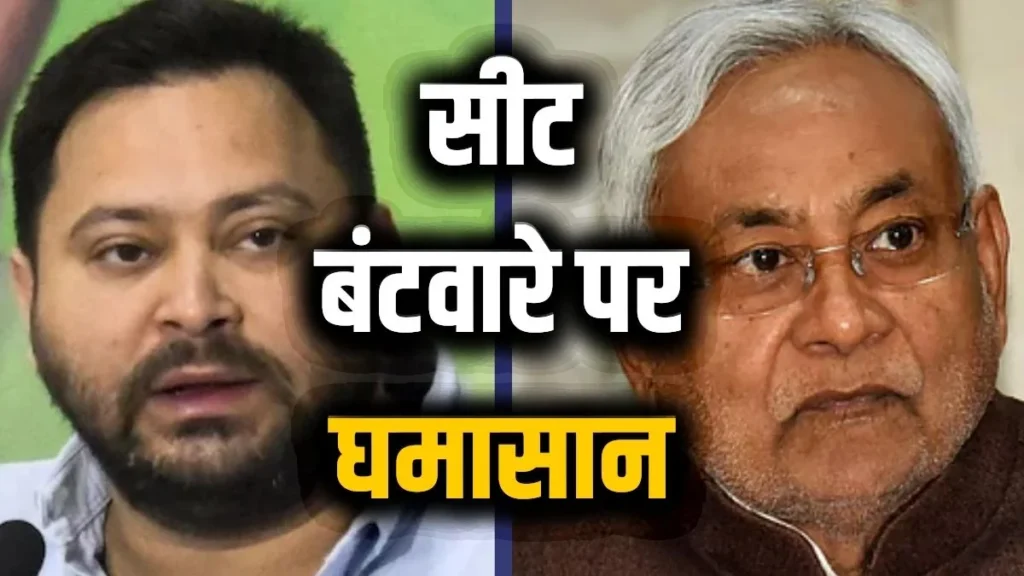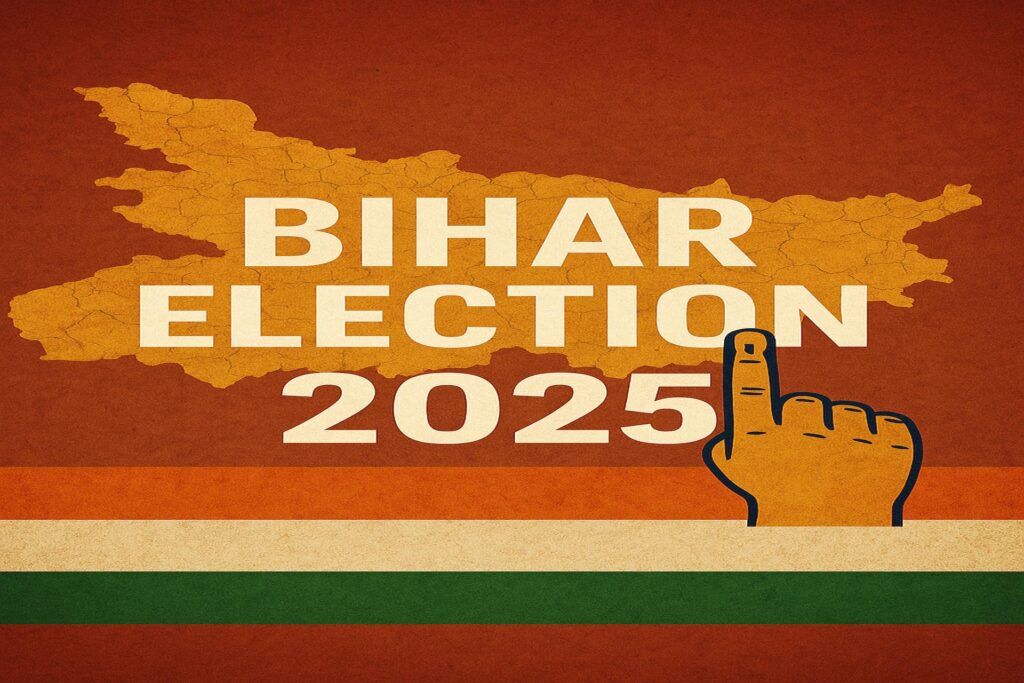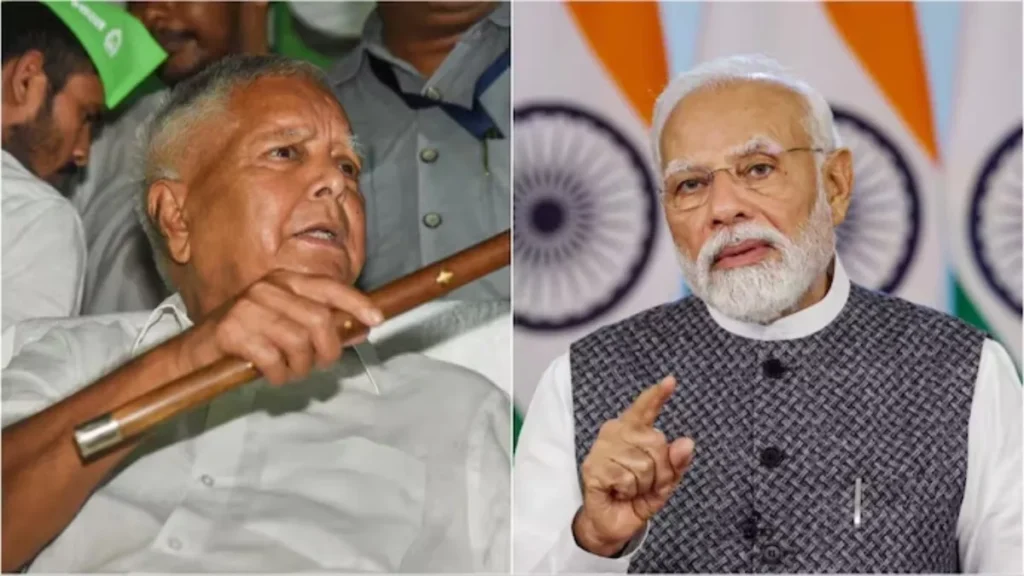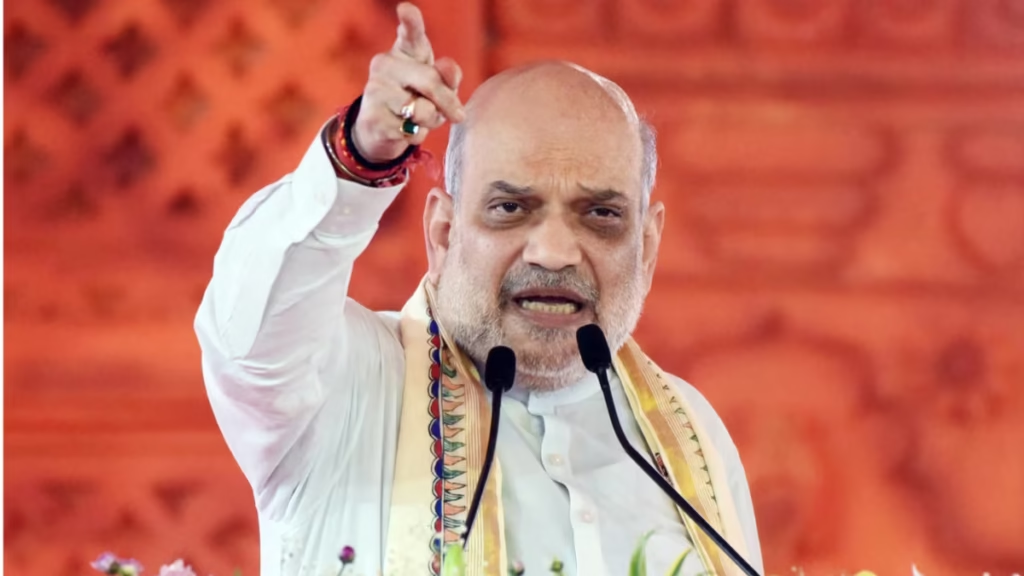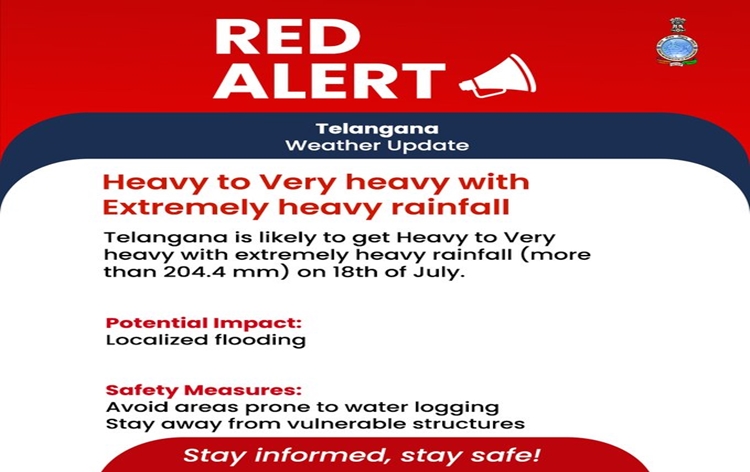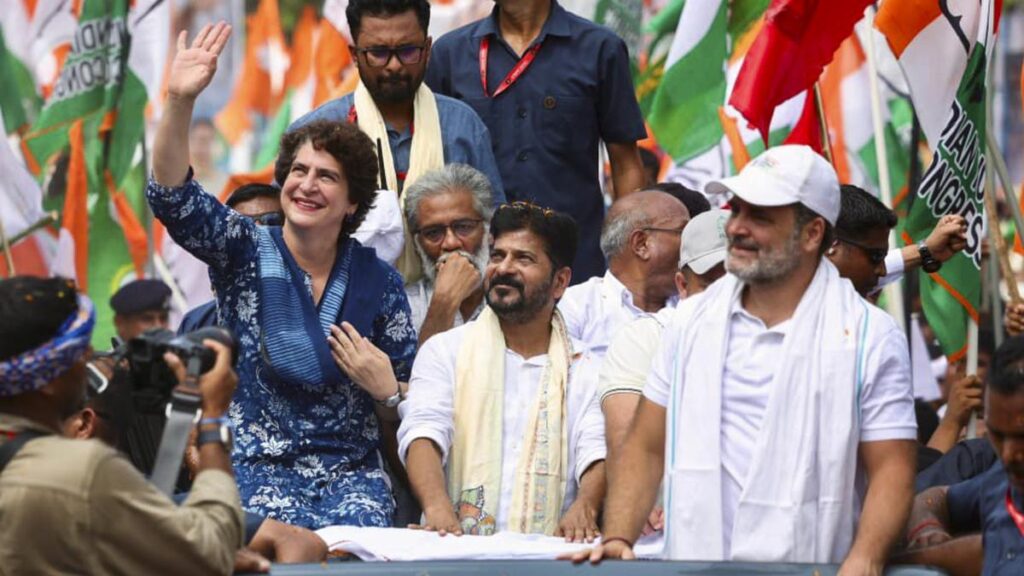Trump Slams India’s High Tariffs in Address to Congress: 3 Key Warnings and Retaliation Threats

Trump slams India tariffs In a highly anticipated address to Congress, former President Donald Trump took aim at India’s trade practices, particularly focusing on the country’s high tariffs. His speech marked a significant moment in the ongoing dialogue between the United States and India, as Trump warned of potential retaliation in response to what he described as “unfair” trade policies. The remarks have sparked significant debate, with both positive and negative reactions coming from various quarters. Let’s break down the key aspects of Trump’s speech and its potential impact on US-India relations.
Trump slams India tariffs : Trump’s Criticism of India’s Tariff Policies
One of the primary points of Trump’s address was his sharp criticism of India’s tariff structure. He stated that India’s high tariffs on American goods were detrimental to U.S. interests and were a significant barrier to fair trade. Trump emphasized that, despite the U.S. being one of India’s largest trading partners, the trade imbalance remained skewed in India’s favor, citing tariffs on American agricultural products, machinery, and technology goods as examples of India’s protectionist practices.
“The system is not fair to us,” Trump declared, noting that while India benefited from trade access to the U.S. market, it imposed high duties that made it difficult for American companies to compete. Trump slams India tariffs This critique is not new, as Trump has often raised the issue of trade imbalances with several countries, particularly with nations like China and India.
Trump’s speech echoed a common sentiment among many U.S. manufacturers and exporters, who have long called for lower tariffs and greater market access in India. Trump slams India tariffs are among the highest in the world for many products, especially agricultural goods, which has been a point of contention in trade negotiations between the two nations.

Trump’s Warning of Retaliatory Measures
Perhaps the most significant aspect of Trump’s speech was his threat of retaliation against India’s trade policies. He made it clear that the U.S. would not hesitate to take action if India did not reduce its tariffs and open up its markets to American businesses.
In a pointed remark, Trump stated, “If India doesn’t stop imposing unfair tariffs, we will not hesitate to retaliate. We have the power to make things right.” This was seen as a direct warning that the U.S. might implement new tariffs on Indian imports or take other steps to counter India’s trade policies. Trump’s administration had previously engaged in trade disputes with India,Trump slams India tariffs but the issue has come to the forefront again with the ongoing global shifts in trade dynamics.
The U.S. has often cited the trade imbalance with India as a key issue, and with Trump’s renewed focus on this, the threat of retaliatory measures could have serious consequences for both nations. India’s Trump slams India tariffs economy is highly dependent on its exports, and any trade restrictions imposed by the U.S. could impact its manufacturing and technology sectors, particularly in areas like information technology, textiles, and pharmaceuticals.
The Potential Impact on US-India Relations
While Trump’s speech served as a sharp warning, it also raised questions about the future of U.S.-India relations. Over the years, the U.S. and India have enjoyed a close strategic partnership, particularly in the fields of defense and counterterrorism. Both countries share a mutual interest Trump slams India tariffs in maintaining peace and stability in the Indo-Pacific region, and there has been growing cooperation in areas such as space exploration, energy, and technology.
However, Trump’s speech highlighted the tensions that exist in the trade realm. While India has made efforts to open up its markets in recent years, its tariff policies and protectionist stance remain contentious. If the U.S. were to follow through onretaliatory measures, it could strain this broader relationship.
At the same time, India has been diversifying its trade partnerships, strengthening ties with countries like Japan, Australia, and the European Union. With the global trade environment in flux, India may look to secure deals elsewhere if it feels pressured by the U.S. The potential for trade retaliation Trump slams India tariffs could lead India to reconsider its economic priorities and strategies, especially as it seeks to expand its influence on the global stage.
The Broader Economic Context
Trump’s remarks come at a time when global trade relations are undergoing significant transformations. The ongoing U.S.-China trade war, combined with the impact of the COVID-19 pandemic, has prompted many countries to rethink their trade strategies. For India, the issue of high tariffs and trade Trump slams India tariffs protectionism is intertwined with domestic economic policies aimed at supporting local industries. However, critics argue that these protectionist measures hinder competition and limit the country’s ability to grow its export markets.
On the other hand, Trump’s criticism also underscores the complexities of global trade. While tariffs are a legitimate tool for countries to protect their industries, they also have the potential to spark trade wars, leading to higher costs for consumers and businesses alike. The delicate balance Trump slams India tariffs between protecting domestic markets and engaging in free trade is something that countries like India and the U.S. will need to navigate carefully in the years ahead.

Conclusion: The Road Ahead for US-India Trade Relations
Trump’s address to Congress has undoubtedly added fuel to the ongoing debate about U.S.-India trade relations. His criticisms of India’s high tariffs and his warning of retaliatory measures have raised alarms about the future of this vital partnership. The coming months will likely see increased attention on the issue, with both countries potentially seeking new avenues for negotiation.
As the U.S. continues to focus on trade imbalances and tariffs, India will need to carefully evaluate its economic policies. While it is unlikely that India will make sweeping changes to its tariff structure immediately, the global trade environment is rapidly evolving, Trump slams India tariffs and India may be forced to take steps toward reducing tariffs and opening up its markets further.
Ultimately, the future of U.S.-India trade relations will depend on how both countries approach these complex issues. While Trump’s speech may have been a harsh critique, it also opens Trump slams India tariffs the door for dialogue and potential compromise, which could lead to a more balanced and fair trade relationship moving forward.

